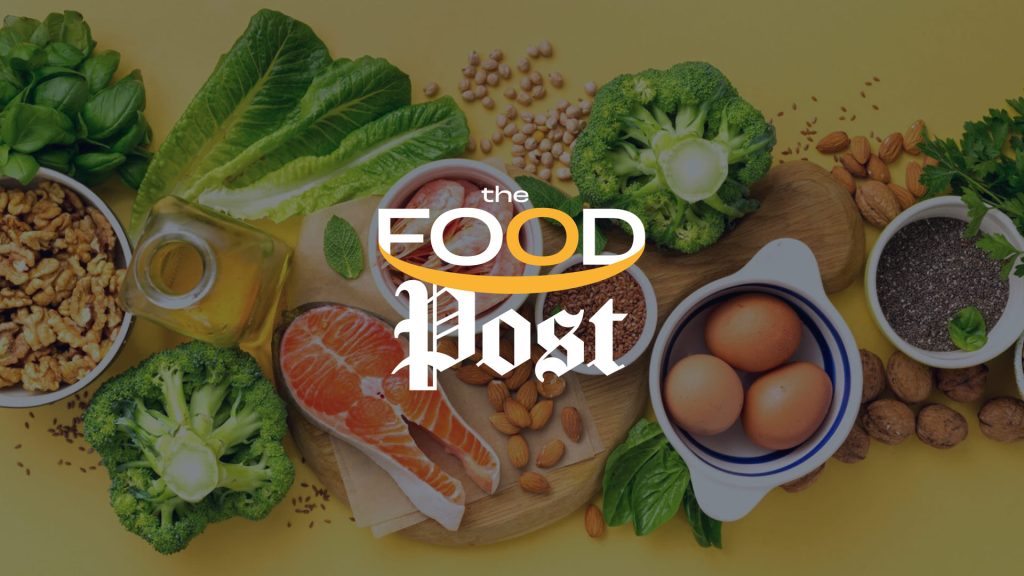Easter unites families for vibrant celebrations with colorful eggs, savory hams and sweet treats, but food safety is critical to keep the holiday joyful. Improper handling of traditional foods risks Salmonella or Listeria, which sicken more than 1.3 million Americans yearly, according to 2023 Centers for Disease Control and Prevention estimates. Safe practices ensure a healthy feast, and avoiding live animal purchases protects health and ethics.
Egg safety
Eggs are the star of many Easter festivities, from dyeing to deviled dishes. Yet Salmonella, found in 1 in 20,000 eggs according to U.S. Department of Agriculture data, threatens if mishandled. Children hiding eggs with candy risk cross-contamination, while undercooked eggs can harbor bacteria.
Use food-safe dyes for egg dyeing, as most store-bought kits are edible — check labels. Natural dyes like beets for pink or spinach for green are risk-free. Hard-boiled eggs must cook until yolks and whites hit 160 degrees F internally — at least 10 minutes at a boil — and be refrigerated within two hours. Hard boiled eggs should be kept cool — avoid leaving them out more than two hours, especially above 40 F, to curb bacterial growth.
Meats and leftovers
Easter hams, lamb or brisket are staples, but raw meats carry Listeria or E. coli. A 2023 USDA report found 15 percent of grocery hams tested Listeria-positive pre-cooking. Fresh ham and lamb must reach 145 F internally, with a three-minute rest, while brisket needs longer, one hour per pound at 325 F, to hit 145 F. Cross-contamination lurks — raw meat juices on countertops or knives can taint salads or desserts if uncleaned.
Leftovers from egg salad to ham are vulnerable. USDA advises refrigerating within two hours, storing at 40 F or below in airtight containers. In 2022, improper storage caused 63 percent of holiday foodborne illnesses, Food and Drug Administration data shows. Freeze leftovers if uneaten within four days.
Pickled eggs
Pickled eggs add tangy flair, but homemade versions risk botulism if mishandled. The National Center for Home Food Preservation warns against home canning, linked to 12 botulism cases in 2023. Use NCHFP’s refrigerated recipes, keeping eggs in vinegar brine and eating within two weeks. Commercial pickled eggs are safer but need refrigeration after opening and use within seven days.
Say no to live animals for Easter
Easter tempts families to buy live chicks, ducklings or rabbits as gifts, but this risks health and ethics. The Centers for Disease Control and Prevention reported 470 Salmonella cases from backyard poultry in 2024, with many linked to spring purchases around Easter.
Children under 5, who often cuddle these animals, face higher risks, as bacteria spread through contact or contaminated surfaces. The CDC notes 40 percent of cases involved young children, highlighting the danger. Ethically, the American Society for the Prevention of Cruelty to Animals estimates 80 percent of Easter chicks are abandoned within months, overwhelming shelters or dying. Opt for plush toys or chocolate bunnies for a safer, kinder holiday
Food safety tips for a healthy Easter
Ensure a safe celebration with these guidelines:
(To sign up for a free subscription to Food Safety News, click here.)

